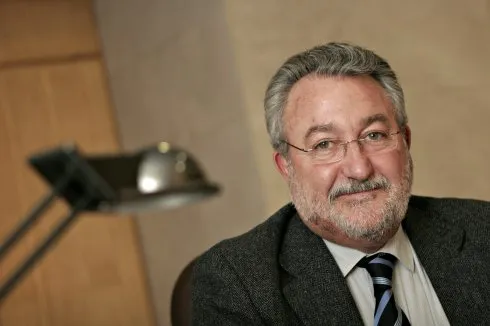Doctor of Medicine, Bernat Soria (Valencia, 1951) was coordinator of the Physiology Area of the National Agency for Evaluation and Prospective and the European Embryonic stem cell network and Professor of Physiology at Pablo de Olavide University.
Awarded the prestigious Galien Prize for the best research work in 2005, he also directed the Andalusian Molecular Biology and Regenerative Medicine, which he has returned after passing through politics.
He currently works in the trunk cell department, reprogramming and cell differentiation.
Soria was Minister of Health between July 2007 and April 2009, in the second legislature of the socialist José Luis Rodríguez Zapatero.This afternoon opens the public health cycle organized by the Culture Classroom of the Voice of Avilés, coordinated by Armando Arias and with the sponsorship of Cofés Toscaf.
The conference, entitled 'Cell Therapy of Diabetes Mellitas and their complications', will begin at eight in the afternoon in the auditorium of the Hotel NH Collection Palacio de Aviles, with free access until the capacity is completed.As a prelude, the wind group of the Julián Orbón Conservatory will perform on the same stage at 7.15 p.m.
For about an hour the former minister will talk about the latest news in research related to diabetes, a term that describes a group of diseases that are characterized by the poor regulation of blood glucose concentration.
Thus, he will explain the advances in obtaining insulin producing cells from stem cells of embryonic origin, achievement in which his team of researchers was a worldwide pioneer.
In 2000 he obtained pancreatic cells producing this hormone thanks to mice stem cells and a year later he succeeded from stem cells of embryonic origin, in an investigation that earned him the opening of a file by the same Ministry of Health that he would directyears later.
Soria will also reflect on the high prevalence of this disease, which suffer from about four million people in Spain, and their costs for the system, about nine billion euros a year.


